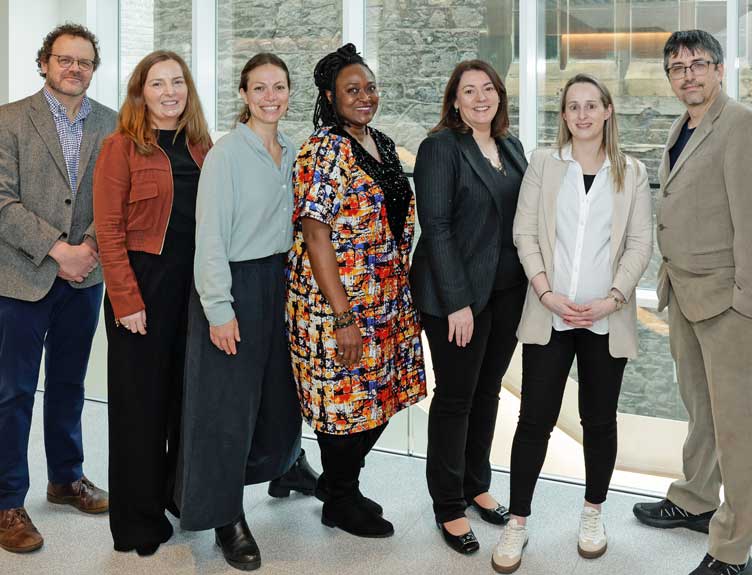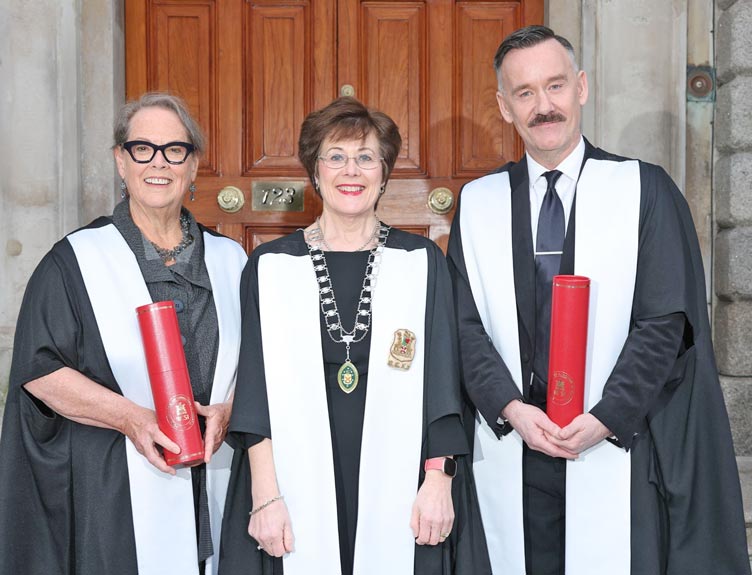RCSI hosts Global Health Education Ireland Symposium
RCSI is host to the Global Health Education Ireland Symposium 2025 which takes place today. The symposium brings together leaders in medical education, global health, and international development to address one of the most pressing challenges of our time - the global shortage of health workers.
The World Health Organization (WHO) projects a global shortfall of 11 million health workers by 2030, a crisis that is already being felt worldwide. While this presents a significant challenge in Ireland, it is most acute in low and lower-middle income countries.
With increasingly global consequences, the need for international cooperation and partnership in strengthening health systems is urgent.
This year’s Symposium, organised by the Global Health Committee of the Forum of Irish Postgraduate Medical Training Bodies, will explore the evolving landscape of global health education, the challenges of training the next generation of health professionals in resource-limited settings, and the importance of global perspectives in Ireland’s own healthcare delivery.
An audience of members, fellows, trainees and staff from Ireland’s medical training bodies, alongside key global health stakeholders and international partners will hear from speakers including Mr Neale Richmond TD, Minister of State for International Development and Diaspora; Dr Suzanne Crowe, President of the Irish Medical Council; and Professor Mary Horgan, Chief Medical Officer, Department of Health.
Speaking ahead of the Symposium, Professor Juan Carlos Puyana, O’Brien Chair of Global Surgery at RCSI, said: “The future of global health depends on our ability to train, support and retain a skilled healthcare workforce across all regions of the world. The Global Health Education Ireland Symposium provides a vital platform for sharing knowledge, building partnerships and reaffirming Ireland’s commitment to advancing equitable, sustainable healthcare education globally.”
Irish postgraduate medical training bodies are already collaborating with international partners to address global health workforce needs, including initiatives in primary care in Malawi, medical equipment supply and maintenance in Zambia, and surgical, anaesthetic and obstetric training programmes across Africa. Other projects include global e-learning and quality improvement initiatives, demonstrating the significant impact of collaboration between Ireland’s medical colleges.
In support of these efforts, a Global Health Curriculum for Specialist Medical Training in Ireland has been jointly developed by all Irish postgraduate medical training bodies. This innovative framework integrates global health education within specialist medical training programmes in Ireland, ensuring that future healthcare professionals are equipped to deliver care in an increasingly interconnected world.



